Hazardous Waste Clean-Up Tax Credits Vetoed by Bobby Jindal. Why? No, Really. Why?
From CenLamar.comTax breaks for bottled water, remediation of hazardous waste “brownfields” sites and energy efficient appliance purchases by elderly residents have been jettisoned by Gov. Bobby Jindal.There’s a lot to parse here, and I’ll leave the dissection of Kentwood water and grandma’s Energy Star appliances to other commenters. But I’d be willing to bet that most Louisianans are unfamiliar with the term “brownfields,” real estate shorthand for any vacant or “mothballed” property with real or perceived contamination that is preventing its return to economic commerce. And if you live in Louisiana, you encounter these properties–old gas stations, vacant dry cleaners, abandoned photography labs, closed metal shops–every single day. These properties may or may not be contaminated, but if you’re a potential investor or developer, its environmental uncertainty can be a major barrier to redevelopment. Unaddressed brownfields contribute to blight, disrepair, and pose significant risks to the public’s health and safety: Kids get lead poisoning; drinking water is polluted with dangerous chlorides; soil gets contaminated by carcinogenic hydrocarbons; and asbestos is released into our air. You get the picture. Bad stuff.Remember Bobby Jindal after the Deepwater Horizon disaster? To refresh your memory:Remember his righteous (and rightful) indignation at BP, his insistence that Louisiana’s coast be restored?Remember the Bermdoggle? Even if his ideas were half-baked and even if he used the national exposure to criticize the President, placing partisanship above policy, Jindal wanted Louisiana and the rest of the world to know: He would not rest until our shores had been cleaned.Apparently, he doesn’t feel the same about cleaning up the hazardous materials that plague our inner cities and rural communities, inhibit redevelopment, and disproportionately affect distressed and low-income neighborhoods.But remember, of course, this is Bobby Jindal, a man who is so absolutist in his convictions about taxes that he vetoed a 4-cent tax renewal on cigarettes, despite the fact that he had actually argued in favor of such taxes when he led the Louisiana Department of Health and Hospitals.Senate Bill No. 40 by Senator Morrell recreates the Brownfields Investor Tax Credit, which grants a transferable credit for remediation work at a state certified site.Here’s what the Governor said in his veto letter:"The Louisiana Department of Environmental Quality has existing programs to address brownfields remediation that are funded by the federal Environmental Protection Agency (EPA). While Senate Bill No. 40 supports the use of these federal funds to absorb the cost of the credits, using EPA or other federal funds to support these credits is not mandatory until 2014. Consequently, the first two years of the program will almost assuredly require state funding in lieu of federal funding. I think that it is important that we protect scarce resources for priorities like healthcare and higher education."Utter ridiculousness, duplicity, and downright dishonesty.The tax credit, at the very most, would have had a fiscal impact of $1.8 million a year. Remember, Jindal was more than willing to sacrifice $12 million a year so that cigarette smokers could save four cents a pack. To him, apparently, it was more important for smokers to get a one percent discount than protecting “scarce resources for priorities like healthcare and higher education.” And to him, apparently, supporting the remediation of contaminated properties is somehow not related to protecting public health or healthcare.And all of this ignores the fact that the Brownfields Investor Tax Credit–back when it was in existence–not only leveraged $35.00 in private redevelopment investment for every dollar of tax credit, it also netted the state $3 million more in federal EPA environmental brownfields grants each year.But here’s what’s most disingenuous, despite what Jindal claims in his veto message: The State of Louisiana could have used the very same EPA grant program to completely offset the fiscal impact of this tax credit. For what it’s worth, the Environmental Protection Agency is led by Lisa Jackson, a native of New Orleans, and the bill, SB 40, was authored by New Orleans State Senator J.P. Morrell and co-sponsored by almost the entire New Orleans delegation.Louisiana doles out tax credits for all sorts of things, and those credits, every year, deprive the State of billions of dollars in revenue: credits for things like filming movies and exemptions for horizontal drilling. All told, as of last year, Louisiana had 441 tax breaks on the books. From the Louisiana Budget Project:"In fiscal year 2011, Louisiana projects spending $7 billion through tax expenditures, nearly as much as it will take in from revenue. Since tax expenditures are largely ignored in the regular budget process, this means the legislative policy debate encompasses only about half of the state’s total spending. And, spending through the tax code is growing. It’s projected that revenue lost to tax expenditures from 2006 through 2011 will have increased 28 percent – to $7.1 billion from $5.6 billion. State revenue, by contrast, is expected to decrease 3 percent."You guys get that? $7.1 billion this year of “revenue lost to tax expenditures,” and Governor Jindal would have us believe that a $1.8 million credit for brownfields redevelopment must be vetoed, as if it’s an austerity measure.This particular tax credit shouldn’t be considered a “corporate giveaway” or anything of the sort; it specifically and almost exclusively encourages the private-sector redevelopment of blighted properties that are “up-side down” from environmental conditions and liability concerns, and there’s a rigorous state certification requirement to even qualify. And while it may have been supported primarily by legislators from New Orleans, it would have affected the entire state, from the vacant inner-city auto mechanic to the blighted country gas station.For those in Alexandria, you know that old gas station on the corner of Jackson and Texas? You know the awesome renovations that they did at the Cotton Brothers Building on Bolton Avenue, the new headquarters of the Red Cross? Those are just two examples of how brownfields funds were leveraged by both the private-sector and non-profit organizations, facilitating the successful redevelopment of properties that had previously been plagued by environmental contamination.Why, Governor Bobby Jindal? Really, why?

